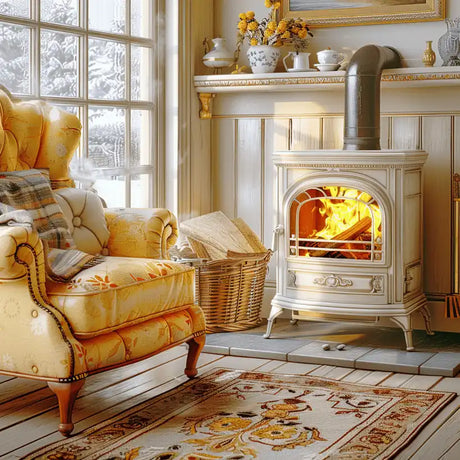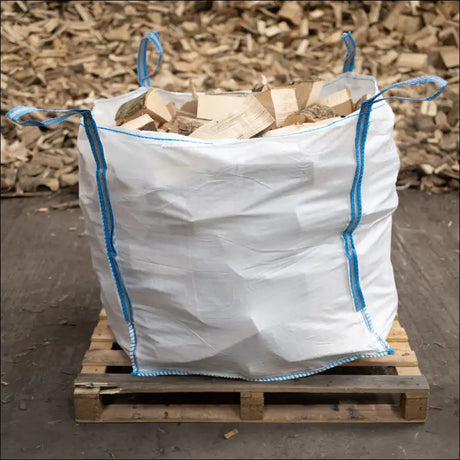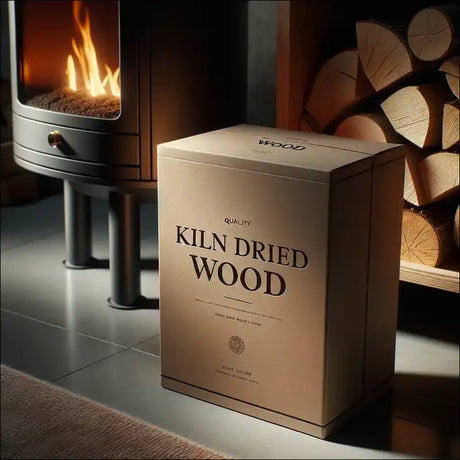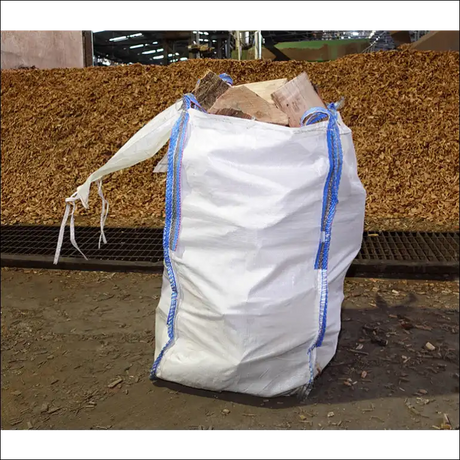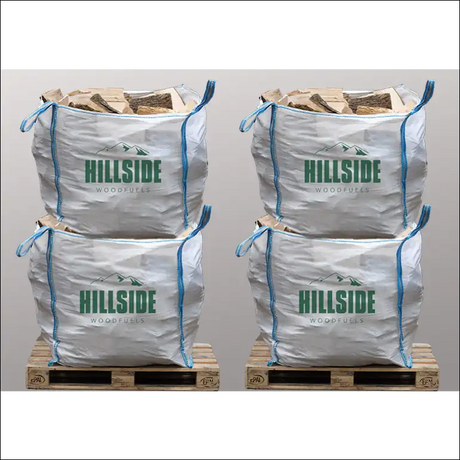Whether you're a self-confessed pyromaniac, a casual weekend BBQ enthusiast, or you simply enjoy the hypnotic allure of a crackling fireplace, the quality of the wood you burn can have a significant impact on your health, and the environment. This brings us to the question at hand: Is kiln-dried wood healthier? The answer, in short, is "Yes". But to fully grasp why, let's delve into the details.
The Health Concerns with Burning Wood
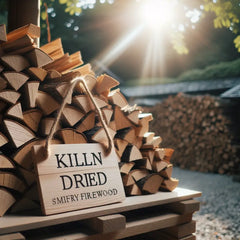
Burning any wood, whether it's kiln-dried or not, releases smoke that contains various compounds, some of which can be hazardous to human health if inhaled in large amounts. These include particulate matter, carbon monoxide, and volatile organic compounds. Inefficient combustion, which often occurs when burning wet or green wood, can worsen these emissions. This is where kiln-dried wood comes into play.
The Health Advantages of Kiln-Dried Wood
Kiln-dried wood is wood that has undergone a controlled drying process in a kiln to reduce its moisture content to below 20%. This results in a product that burns more efficiently, hotter, and produces less smoke compared to its green or air-dried counterparts.

Lower Emissions
One of the main health benefits of kiln-dried wood is that it burns more cleanly, producing fewer emissions. This is because the kiln-drying process effectively eliminates most of the moisture content in the wood, allowing it to burn hotter and more completely. This means less smoke and fewer harmful substances released into the air, reducing the potential health risks associated with wood smoke.
Fewer Allergens
In addition to producing less smoke, kiln-dried wood also tends to harbour fewer allergens than air-dried wood. This is because the kiln-drying process kills off any mould, fungi, or insects that might be present in the wood, making it a better option for those with allergies or sensitivities.
Cleaner Indoor Air Quality
If you're burning wood indoors, for instance, in a log burner or fireplace, the choice of wood can significantly affect your indoor air quality. Kiln-dried wood, thanks to its low moisture content and high combustion efficiency, produces less smoke and indoor air pollution, contributing to a healthier living environment.
Is Kiln-Dried Wood Worth The Extra Cost?
There's no denying that kiln-dried wood is generally more expensive than green or air-dried wood. This is primarily due to the additional processes and energy required to kiln-dry the wood. However, when you consider the health benefits and the quality of burn that kiln-dried wood offers, it's clear that it's worth the extra investment.
Making The Most Of Kiln-Dried Wood
To enjoy the health benefits of kiln-dried wood, it's crucial to store it properly. Even kiln-dried wood can reabsorb moisture if left exposed to the elements. So, ensure your wood is stored in a dry, well-ventilated area. If you're wondering if kiln-dried firewood can get wet, the answer is yes, but if it's properly stored, it will dry out again without losing its quality.

Alternatives to Kiln-Dried Wood
If kiln-dried wood is beyond your budget, don't despair. There are alternatives available that can offer similar benefits, such as heat logs. These are typically made from compressed sawdust and wood shavings, and they burn hotter and cleaner than traditional wood. You can learn more about the pros and cons in our article on heat logs versus kiln-dried logs.
The Final Word
In the grand scheme of things, when it comes to the health impact of burning wood, the moisture content matters a lot. Kiln-dried wood, with its low moisture levels, efficient combustion, and lower emissions, offers clear health advantages over other types of wood. So, while it might dent your wallet a bit more, it's an investment in your health and the environment.
So, next time you're preparing for a cosy night in front of the fire or firing up the BBQ for a garden party, remember: kiln-dried wood isn't just a luxury—it's a healthier choice.


